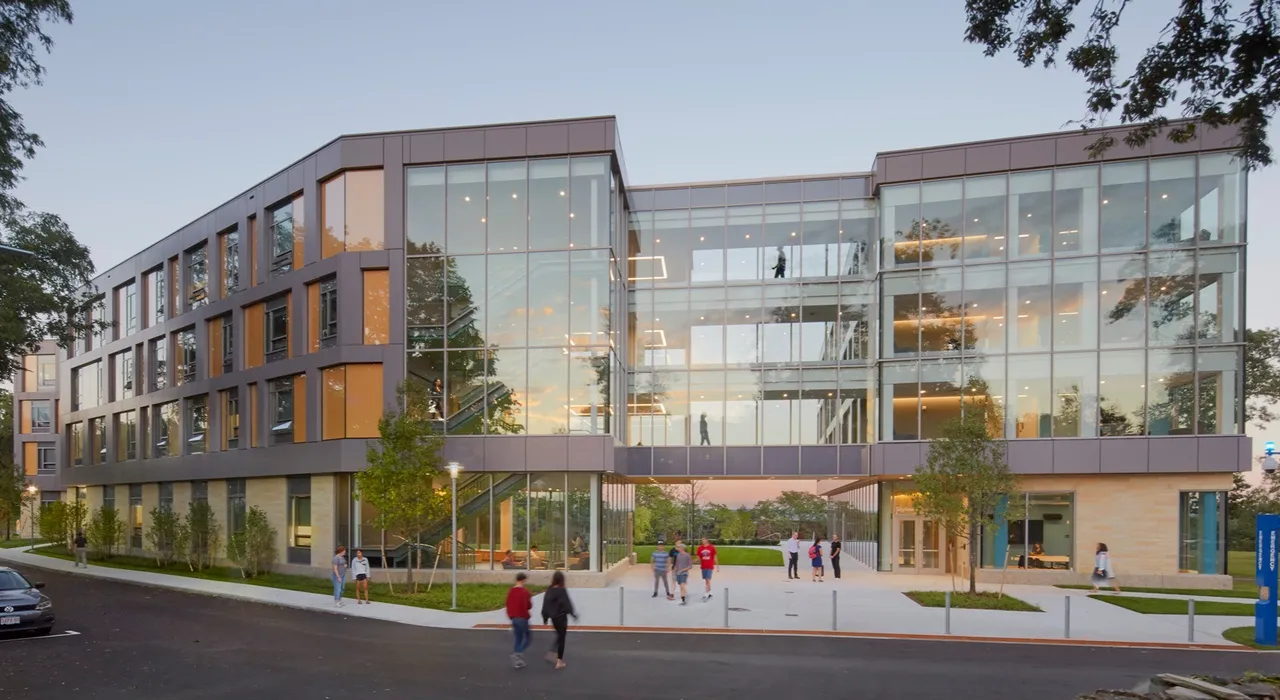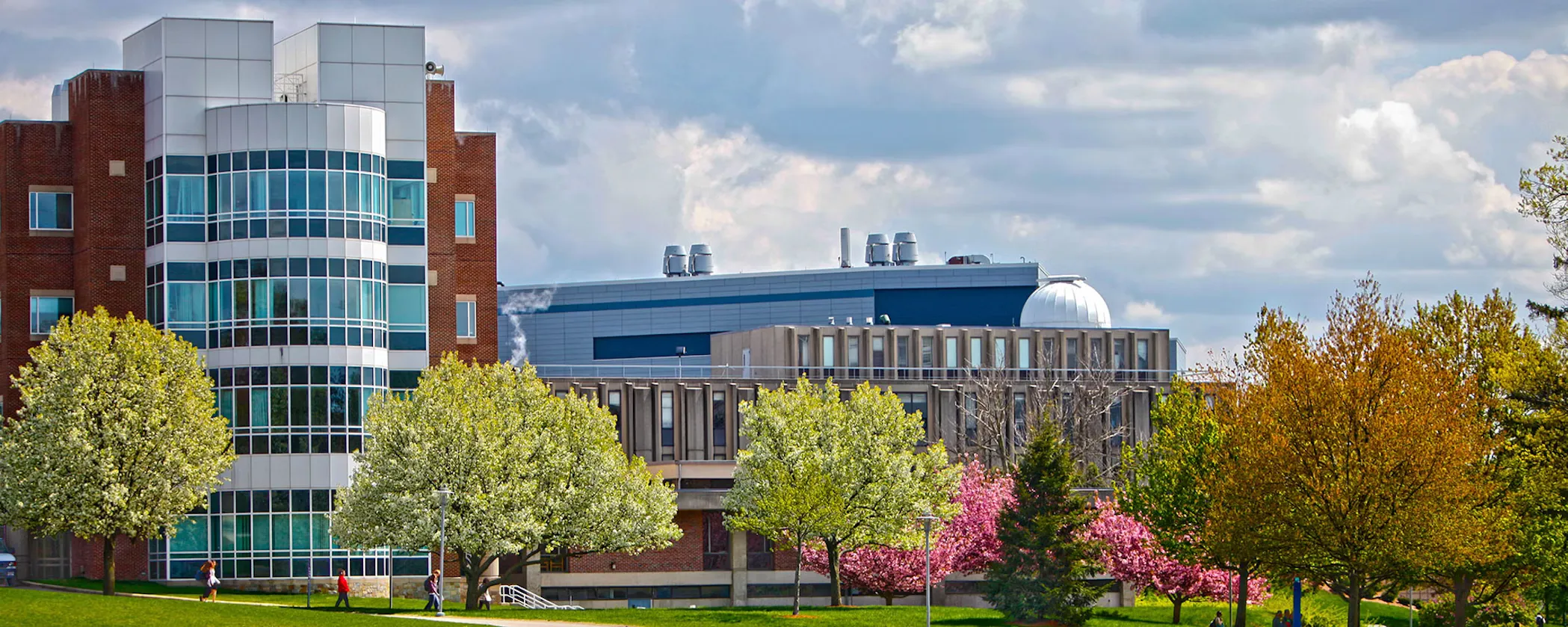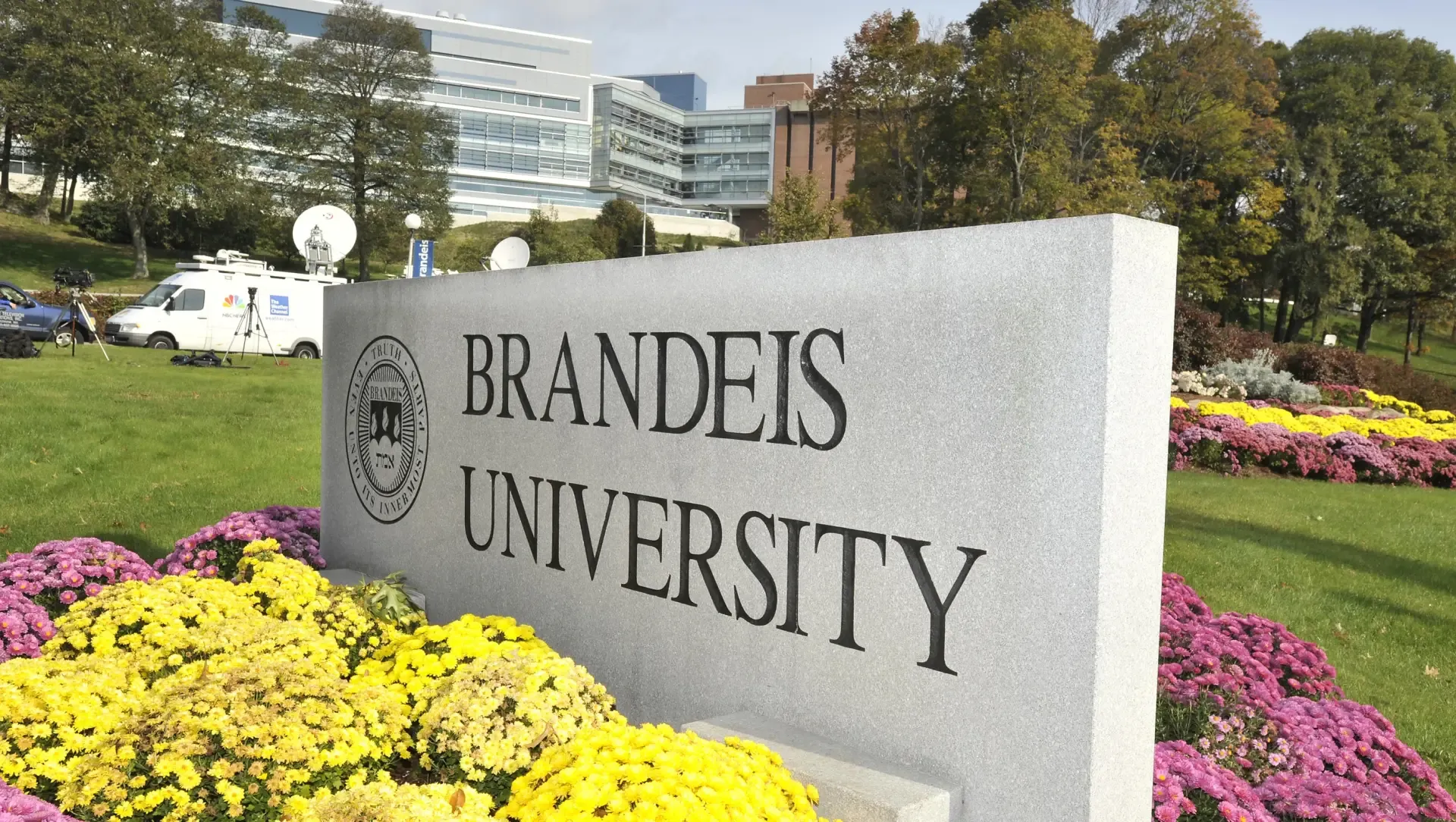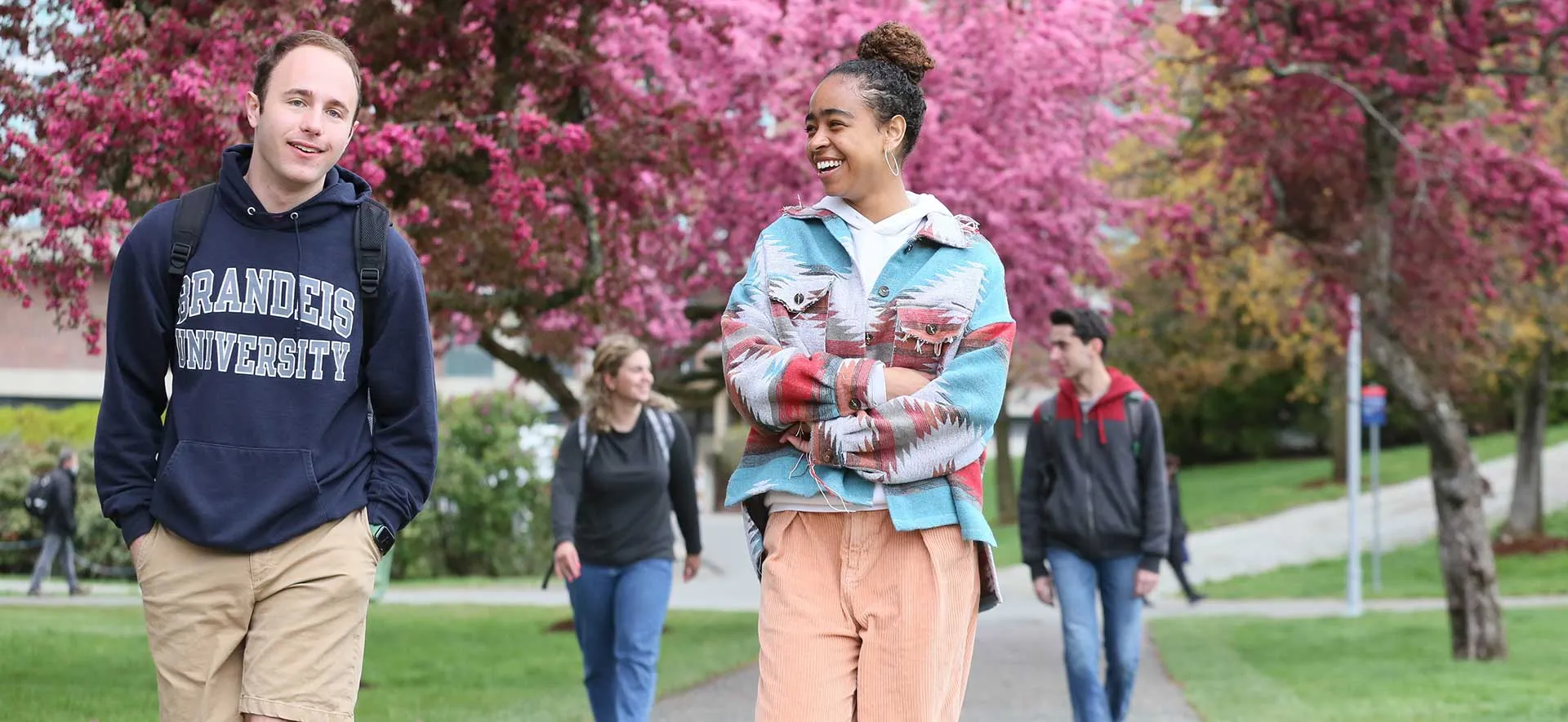About

University Type
Private

Massachusetts,
United States

Year Established:
1948
Brandeis University /ˈbrændaɪs/ is a private research university in Waltham, Massachusetts. Founded in 1948 as a non-sectarian, coeducational institution sponsored by the Jewish community. Brandeis was established on the site of the former Middlesex University. The university is named after Louis Brandeis, the first Jewish Justice of the U.S. Supreme Court.In 2018, it had a total enrollment of 5,800 students on its suburban campus spanning 235 acres (95 hectares). The institution offers more than 43 majors and 46 minors, and two-thirds of undergraduate classes have 20 students or fewer. It is a member of Association of American Universities and the Boston Consortium, which allows students to cross-register to attend courses at other institutions including Boston College, Boston University and Tufts University. The university has a strong liberal arts focus and attracts a geographically and economically diverse student body, with 72% of its non-international undergraduates being from out of state, 50% of full-time undergraduates receiving need-based financial aid and 13.5% being recipients of the federal Pell Grant. 44% of students identify as Jewish. It has the eighth-largest international student population of any university in the United States Alumni and affiliates of the university include former first lady of the United States Eleanor Roosevelt, Nobel Prize laureate Roderick MacKinnon and Fields Medalist Edward Witten, as well as foreign heads of state, congressmen, governors, diplomats, and recipients of the Nobel Prize, Pulitzer Prize, Academy Award, Emmy Award, and MacArthur Fellowship.Brandeis University is accredited by the New England Commission of Higher Education.
Rankings

#664
USNews

#745
QS

#450
THE
Brandeis University Highlights
FAQs
What are the most popular graduate programs offered at Brandeis University?
Brandeis University is renowned for a variety of graduate programs, particularly in fields such as Psychology, Business, Neuroscience, and International Affairs. The Heller School for Social Policy and Management is also highly respected, offering leading programs in Social Policy, Health Policy, and Sustainable International Development.
What is the Annual Cost of attendance at Brandeis University?
For the 2023 academic year, the total cost of attendance at Brandeis University, including tuition, fees, and living expenses, is approximately $76,000 USD. Converting this to Indian Rupees at the current exchange rate of approximately 1 USD = 83 INR, the total cost comes to about ₹6,308,000 INR, rounded to the nearest hundreds.
What Financial aid and scholarship options are available at Brandeis University?
Brandeis University offers a range of financial aid options including need-based scholarships, merit scholarships, and grants. Prospective students can apply for financial aid by submitting the Free Application for Federal Student Aid (FAFSA) and the CSS Profile. The university also provides specific scholarships for international students and diverse populations.
What is the reputation and ranking of Brandeis University?
Brandeis University is highly regarded for its rigorous academics and research opportunities. It is ranked #42 in National Universities by U.S. News & World Report. Additionally, its Psychology program and Economics are often highly ranked, reflecting the university's strong emphasis on liberal arts and sciences alongside its commitment to social justice and policy.
What is the campus culture like at Brandeis University?
Campus life at Brandeis University is vibrant and diverse, with numerous clubs, organizations, and events. The university hosts annual events such as the Leonard Bernstein Festival of the Creative Arts and the 'Deis Flicks film series. Students can join over 260 clubs and organizations, ranging from cultural and political groups to recreational sports teams. The campus is also known for its active involvement in social justice initiatives.
What are the housing options at Brandeis University?
Brandeis University provides a variety of on-campus housing options, including traditional dormitories, suite-style accommodations, and apartment housing for upperclassmen and graduate students. For off-campus housing, many students choose to live in nearby areas such as Waltham, Newton, and Cambridge, which offer a range of rental options suitable for student budgets and lifestyles.


.webp)





